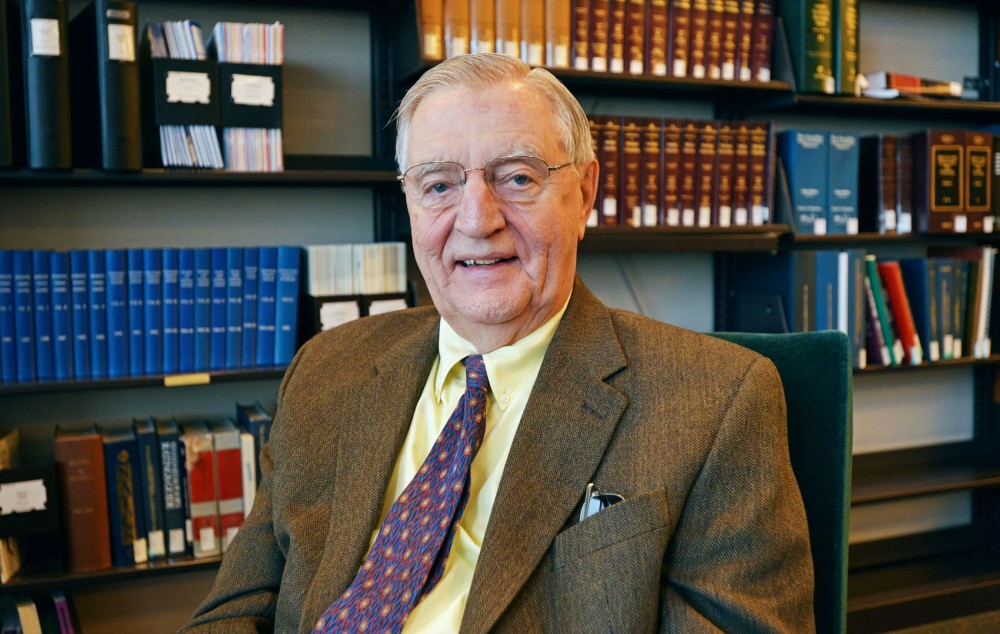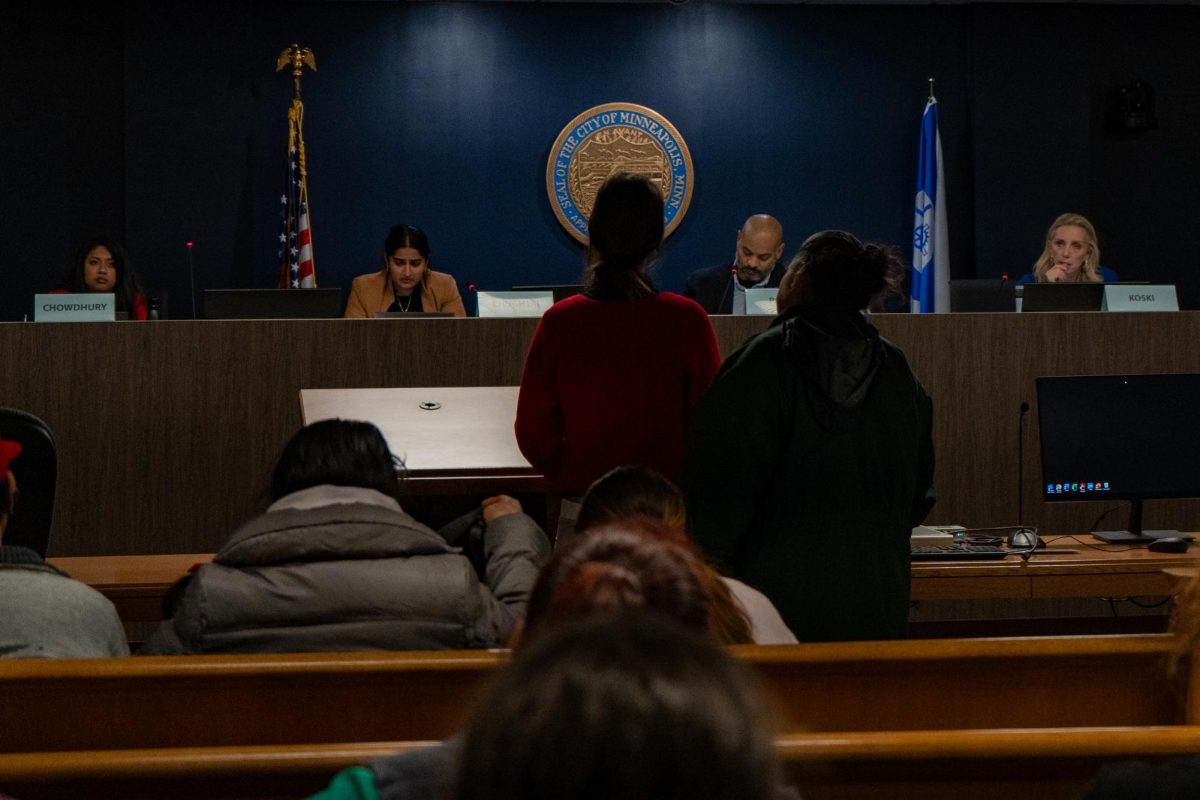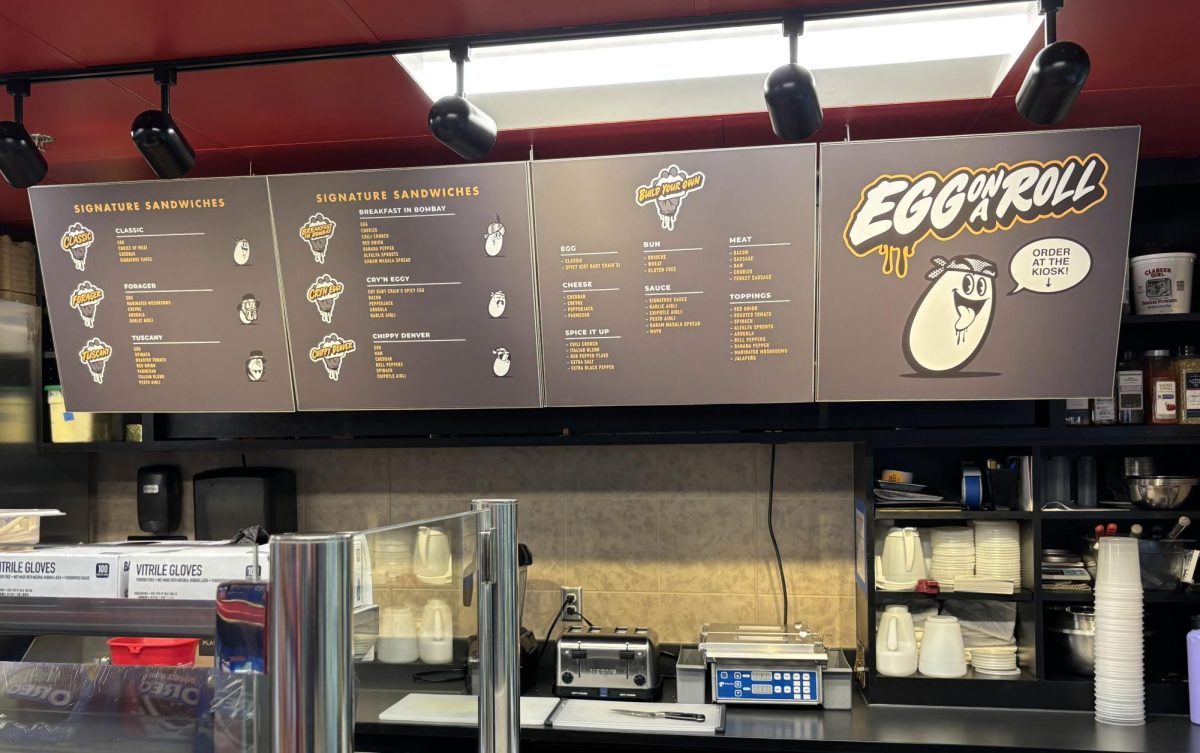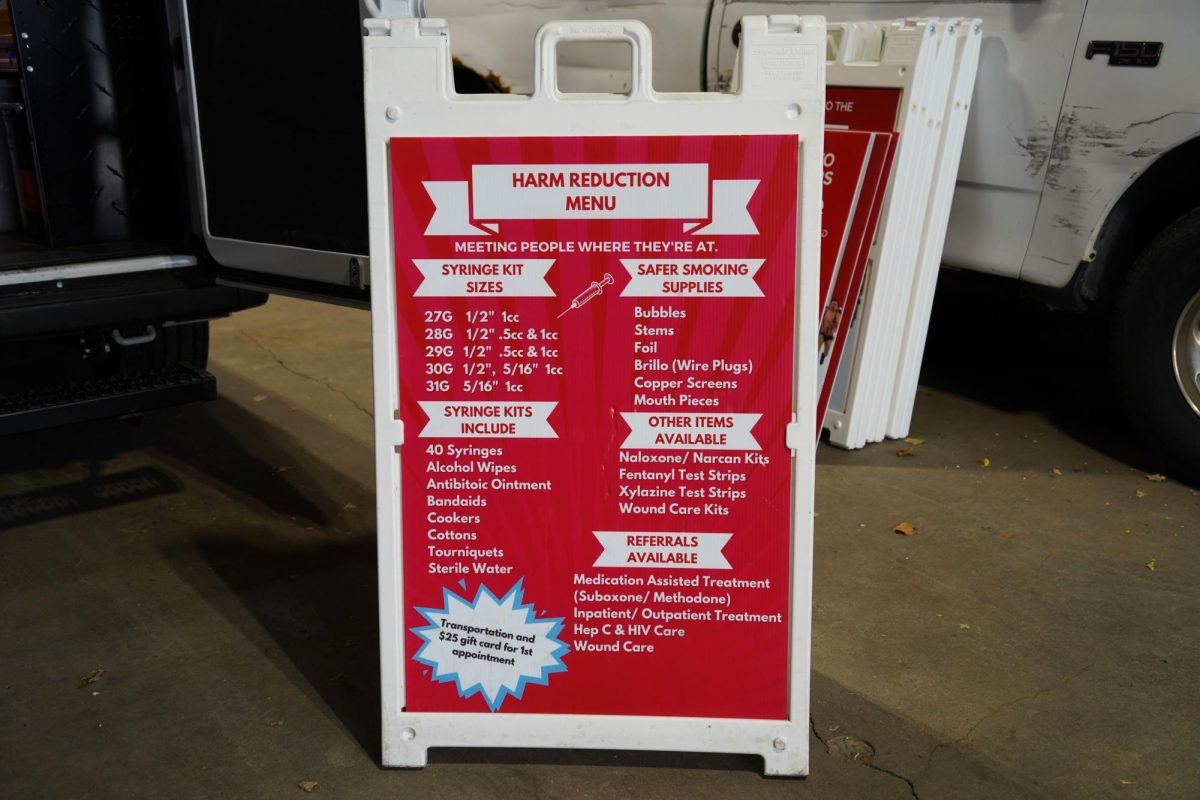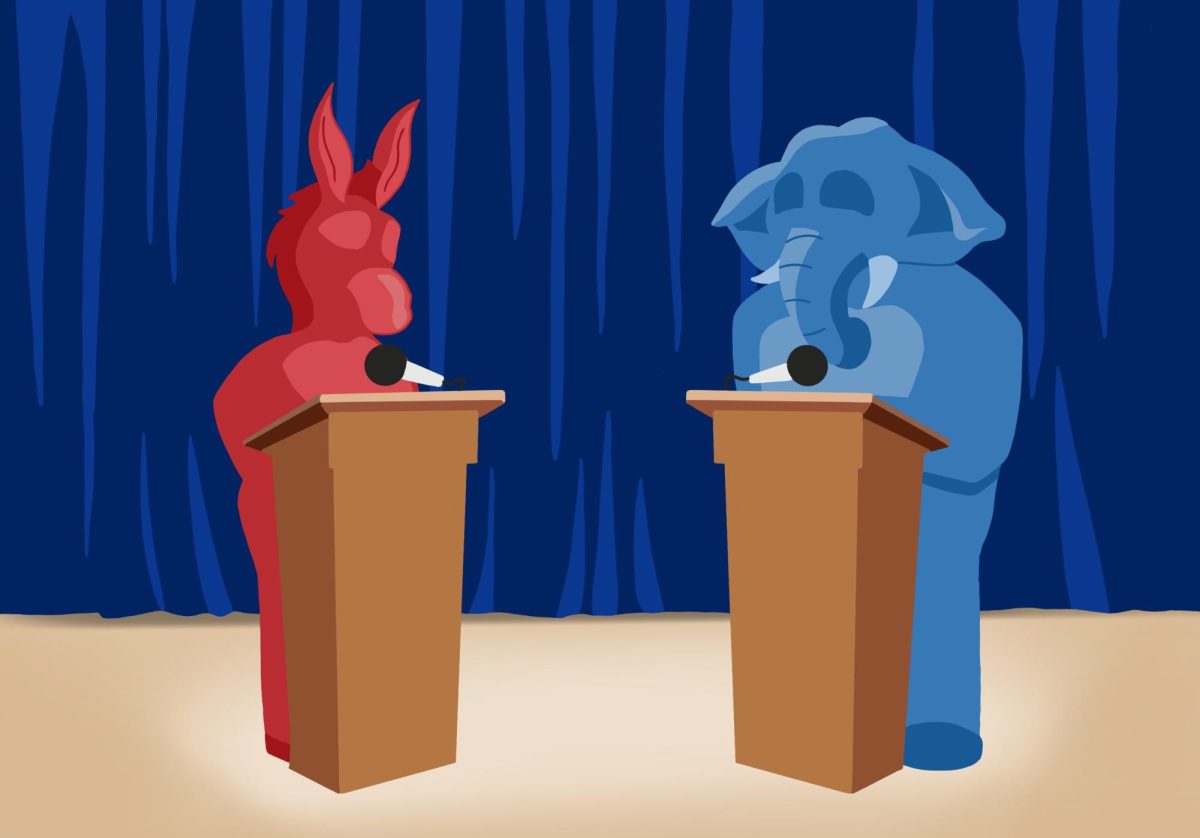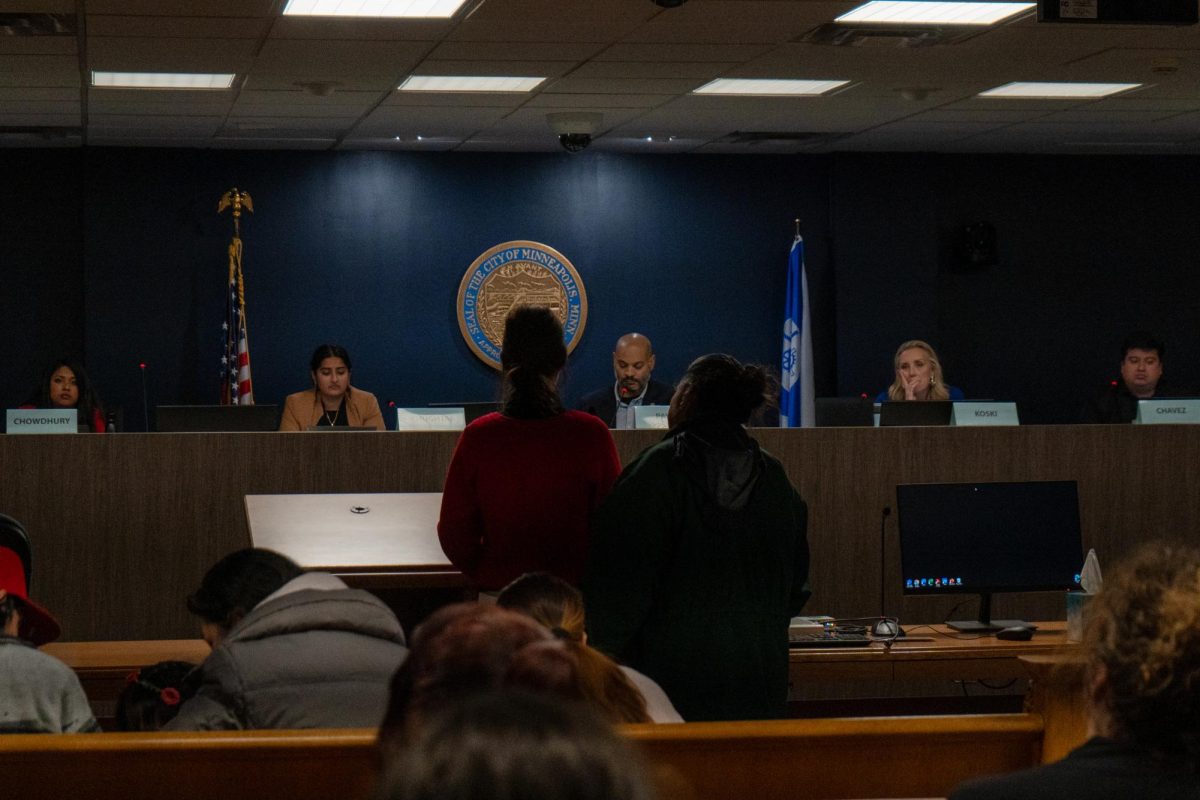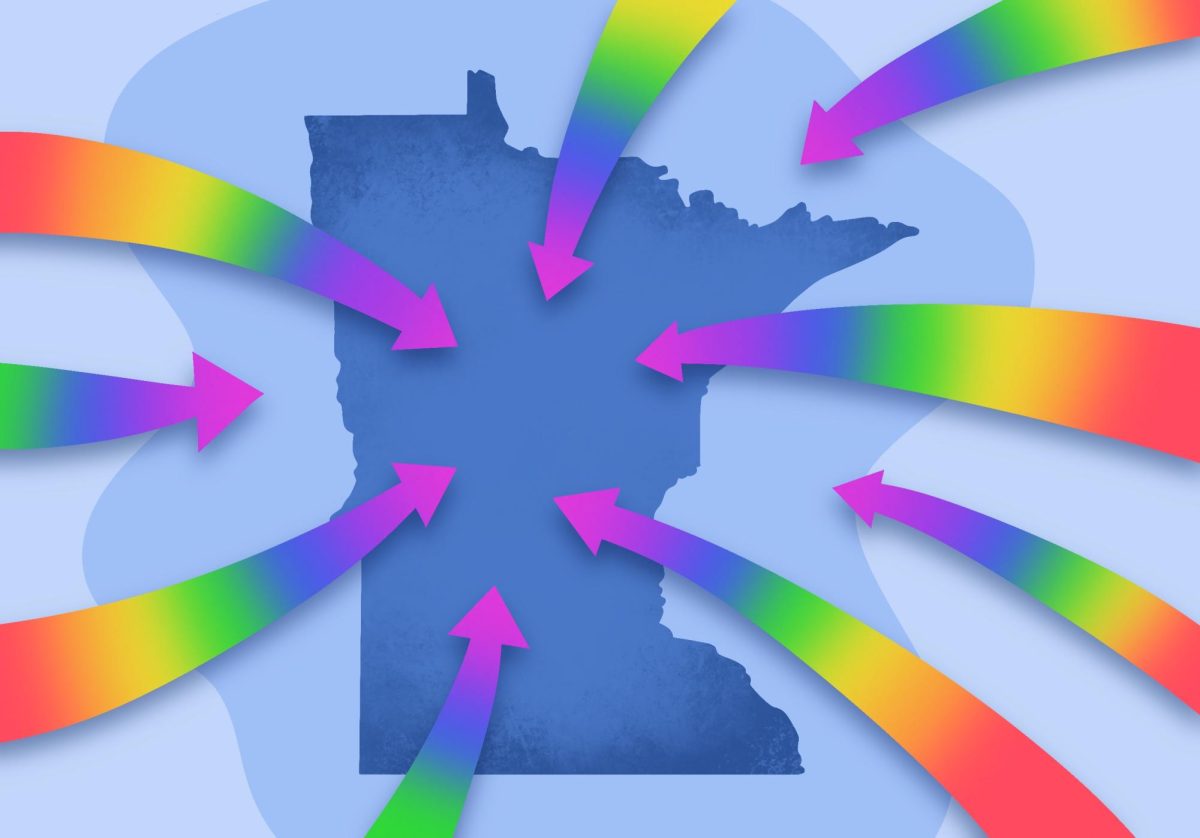Watler Mondale, the University of Minnesota alum who served as vice president to Jimmy Carter and the 1984 Democratic presidential nominee, died on Monday. He was 93.
Mondale died at his home in Minneapolis surrounded by family, according to a family statement.
“From tiny towns in depression-era Minnesota to the State Capitol in St. Paul to the halls of decision making in Washington, D.C. and beyond, his was a life well-lived and a life of service,” the statement read.
Throughout his life, Mondale was a proponent of numerous liberal policies, including fair housing, civil rights, environmentalism, social justice issues and the American labor movement.
Mondale attended Macalester College in St. Paul before transferring to the University of Minnesota, where he finished his undergraduate degree in political science in 1951. He then returned to the University for law school and served on the Minnesota Law Review before graduating in 1956.
Mondale had a rich history of activism and Democratic political engagement at the state level. He practiced law in Minneapolis and campaigned for politicians Hubert Humphrey and Orville Freeman. In 1960, he was appointed as the state’s Attorney General by Governor Freeman at the age of 32.
For 12 years, from 1966 to 1972, Mondale served in the U.S. Senate. Under President Lyndon B. Johnson, Senator Mondale advocated for and helped write the 1968 Fair Housing Act.
In 1976, Jimmy Carter asked Mondale to be his running mate. When the pair won, Mondale transformed the role of the vice president from one largely behind-the-scenes to one who was capable and heavily involved in presidential decision-making. The Carter-Mondale ticket lost the presidential bid to Ronald Reagan and running mate George H.W. Bush four years later.
“As a politician, public servant, diplomat and lawyer, Walter Mondale exemplified the values of leadership and service that we seek to foster at Minnesota Law. In addition, he led with a remarkable degree of warmth and humility that always put his fellow citizens and the common good first,” Garry W. Jenkins, the University Law School dean, said in a statement.
In 1984, Mondale ran for president, notably with the first female vice-presidential candidate on a major-party presidential ticket, Geraldine Ferraro of New York. He lost the ’84 presidential election by a landslide, receiving only 13 electoral college votes — 10 from his home state and three from the District of Columbia. Reagan received 525 electoral votes.
After his presidential bid, Mondale served as ambassador to Tokyo from 1993 to 1996. He also served as a visiting professor at several universities in the state, including the University of Minnesota. The West Bank building housing the University’s Law School was renamed Walter F. Mondale Hall in 2001.
“Walter Mondale believed in and worked to create a nation with a heart, a soul and a conscience. He believed that the greatness of America is found in the everyday men and women who build our nation, do its work and defend its freedoms. And he fought tirelessly for those values until the very end of his life, imploring each of us through his example to continue the fight,” Gov. Tim Walz said in a statement.
In a 2012 interview with the Minnesota Daily, Mondale said he taught at the University simply for the joy of it. University President Joan Gabel released a statement Tuesday which stated, “On behalf of a grateful University, we stand in appreciation of [Mondale’s] exemplary life of dedication and service to Minnesota and the world …”
Even in his later years, Mondale remained vocal on issues important to him, including civil rights and racial justice. Following the police killing of George Floyd in May 2020, Mondale published an OpEd in the Star Tribune.
“The battle for civil rights is a journey, not an end point,” he wrote. “Each generation is tasked with the hard work of serving in the great fight for justice. Our neighbors who took to the streets over the past few weeks have joined a great cause. I thank them.”
During a 2000 speech series at the University, Mondale reflected on his participation in the civil rights movement and pushed students to be active participants in democracy.
“[I] encourage young people to see that difference can be made if they get involved,” he said.


